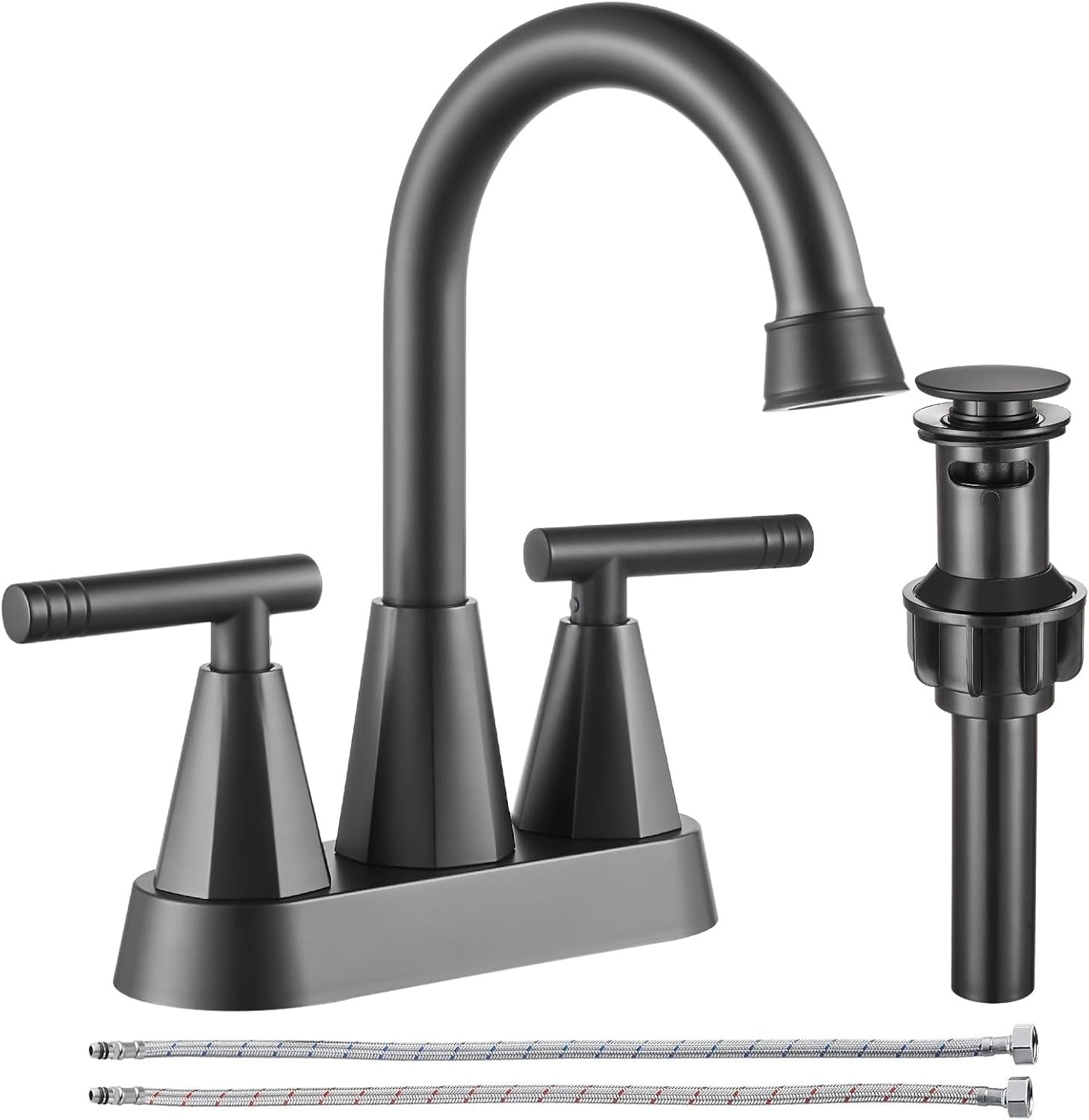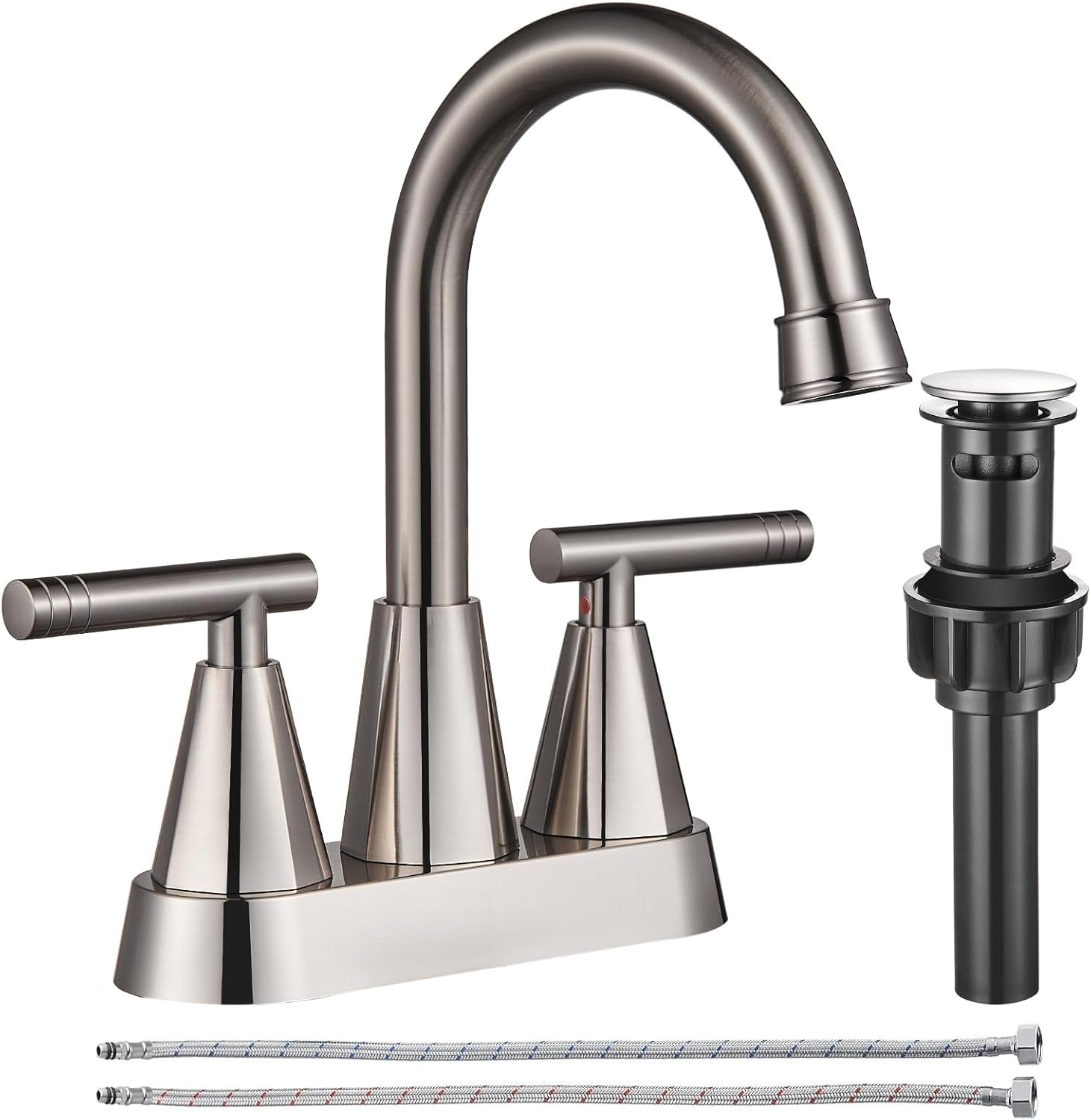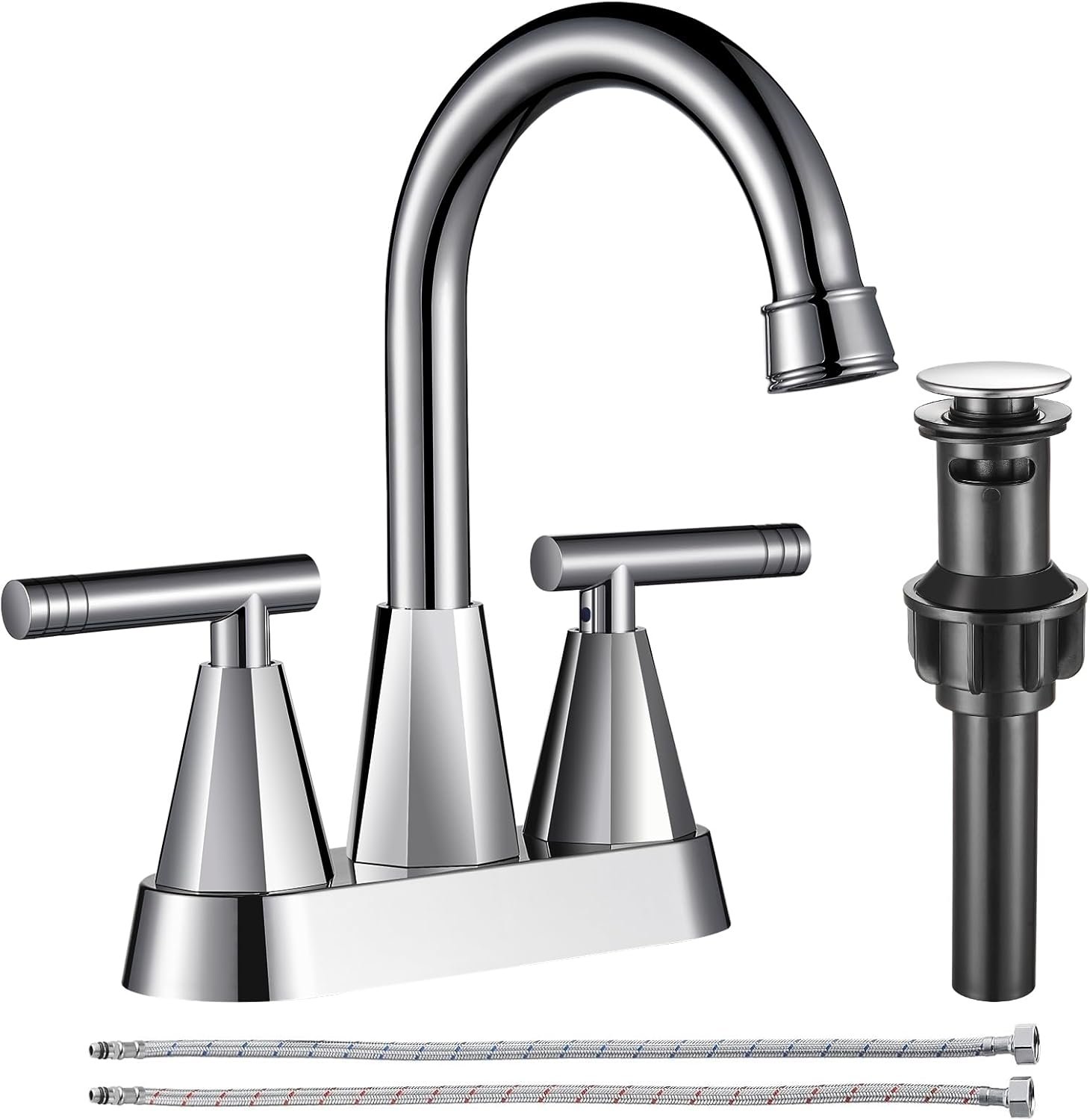In today’s fast world, stress is everywhere. Work, family, and digital distractions add to our stress. But, there are simple ways to manage stress and feel better.
Managing stress is key for your mind and body. Too much stress can harm your health. By using stress-reducing techniques, you can feel better and live better.

This article will show you how to handle stress. We’ll cover mindfulness, breathing, work-life balance, and more. You’ll learn how to deal with modern life’s challenges.
Key Takeaways
- Stress is a big problem in today’s world, affecting our health.
- Learning to manage stress is important for feeling good and staying healthy.
- This article will share practical ways to control stress and find balance.
- We’ll talk about mindfulness, breathing, work-life balance, and lifestyle changes.
- By using these tips, you can live a more fulfilling and resilient life.
Understanding the Impact of Modern Stress on Mental Health
In today’s world, stress affects our mental health a lot. It’s not just from work or personal life anymore. Now, stress comes from everywhere, like social media and trying to look perfect online.
Identifying Common Stress Triggers in Daily Life
There are many stress triggers in our lives today. These include:
- Work demands like tight deadlines and job security
- Money worries like debt and living costs
- Challenges in relationships and finding a balance
- The constant need to be connected with technology
- The pressure to be perfect, seen on social media
How Chronic Stress Affects Your Body and Mind
Long-term stress can harm our health a lot. Chronic stress can cause anxiety, depression, and even physical problems like high blood pressure. Our body’s stress response is meant to be short-term. But, it can get overwhelmed, leading to serious health issues.
The Science Behind Stress Response
| Stress Response Stages | Physiological Changes | Psychological Effects |
|---|---|---|
| Alarm | Increased heart rate, blood pressure, and adrenaline production | Heightened alertness, focus, and energy |
| Resistance | Sustained elevated cortisol levels, muscle tension, and digestive issues | Irritability, difficulty concentrating, and emotional exhaustion |
| Exhaustion | Weakened immune system, fatigue, and potential organ damage | Feelings of hopelessness, depression, and burnout |
Knowing how stress works is key to managing it. It helps us develop ways to handle stress, anxiety, and keep our mental health strong.
Essential Mindfulness Techniques for Immediate Stress Relief
In today’s fast world, stress is common. But, there are mindfulness techniques that offer quick relief. These simple practices can help you feel calm and in control, even when life gets tough.
Mindful breathing is easy to start. It involves focusing on your breath to calm your mind. Find a quiet spot and breathe deeply, feeling the air move in and out.
The body scan meditation is another great practice. It helps you notice and release tension in your body. Lie down or sit comfortably and focus on each part of your body, letting go of any stress.
Present-moment awareness is also key. It helps you stay in the now, away from worries. Just take a moment to notice your surroundings, breaking free from stress.
Using mindful breathing, body scan meditation, or present-moment awareness can ease stress and anxiety. They help you find balance and clarity in your mind.
“Mindfulness is the basic human ability to be fully present, aware of where we are and what we’re doing, and not overly reactive or overwhelmed by what’s going on around us.” – Jon Kabat-Zinn
By making these techniques a part of your routine, you can improve your mental wellbeing. They help you handle life’s challenges with more ease and clarity.
Proven Breathing Exercises to Calm Your Mind
In today’s fast world, finding ways to reduce stress is key for our mental health. Breathing exercises can be a great help. They help us relax and clear our minds.
Deep Breathing Techniques for Instant Calm
Deep breathing is a simple yet powerful technique. It involves slow, deep breaths that make your belly move. This can lower blood pressure, reduce anxiety, and relax your body.
Box Breathing Method for Stress Management
The box breathing method is another great technique. You breathe in for four counts, hold for four, breathe out for four, and hold again for four. It’s a calming, rhythmic pattern that can ease stress quickly.
Progressive Muscle Relaxation Guide
Progressive muscle relaxation is also helpful. It involves tensing and relaxing different muscle groups. This can help release tension and lead to deep relaxation.
Adding these breathing exercises and relaxation techniques to your daily life can help manage stress. It can also bring more peace and well-being into your life.
“Breathing is the foundation of all meditation practices and can be a powerful tool for stress relief and personal transformation.”
Creating a Sustainable Work-Life Balance
Keeping a good work-life balance is key to managing stress well. Today’s world moves fast, making it hard to balance work and personal life. But, with smart time management strategies, we can live a balanced life. This balance helps avoid burnout and boosts emotional intelligence.
Setting clear boundaries is a big step towards a better balance. This might mean stopping work at a certain time, making tech-free areas at home, or taking regular breaks. By managing your time well, you can focus on both work and personal life.
- Get rid of activities that waste your time. Make your work flow better and share tasks to have more time for yourself.
- Use mindfulness and emotional intelligence to handle stress better. This helps keep a positive mindset, even when things get tough.
- Build a strong network of friends, family, and workmates. They can offer support and help you stay on track with work and life.
By using these tips and keeping a work-life balance, you can lower your burnout risk. You’ll also feel better and work more efficiently. The secret to managing stress is finding a balance between work and personal life.

“The true secret of happiness lies in taking a genuine interest in all the details of daily life.” – William Morris
Stress Management Through Physical Activity
In today’s fast world, stress can easily take over. But, physical activity is a strong way to fight stress. You can try different exercises or yoga to find what works best for you.
Exercise Routines for Stress Relief
Exercise is a big help in managing stress. It doesn’t matter if you like walking, dancing, or intense workouts. The most important thing is to pick something you enjoy and can do regularly.
By doing these activities, you can let go of stress, feel happier, and take back control of your life.
Yoga Poses for Mental Clarity
Yoga is more than just moving your body. It’s a way to improve your mind and spirit. Certain yoga poses can help you feel calm and clear-minded.
Poses like Child’s Pose, Downward-Facing Dog, and Savasana are great for reducing stress. They help you find peace inside.
Movement-Based Meditation Practices
If sitting still for meditation is hard, try moving instead. Tai Chi, Qigong, and mindful walking are good options. They help you connect with the moment and calm your mind.
Using physical activity to manage stress can greatly improve your mental health. There’s a type of exercise or yoga for everyone, whether you like intense workouts or calm practices.
“Physical activity is not only a powerful stress-buster, but it also has the added benefit of improving overall physical health and well-being.” – Dr. Sarah Lim, Certified Wellness Coach
| Exercise Routine | Benefits for Stress Relief |
|---|---|
| High-Intensity Interval Training (HIIT) | Boosts mood, releases endorphins, and provides a sense of accomplishment |
| Yoga | Calms the mind, improves flexibility, and promotes relaxation |
| Brisk Walking | Reduces anxiety, clears the mind, and enhances cognitive function |
Building Emotional Resilience in Challenging Times
In today’s fast-paced world, it’s key to develop emotional resilience. This means bouncing back from tough times, adapting to change, and staying positive. It’s about handling life’s challenges with strength.
One great way to build emotional resilience is through cognitive behavioral therapy (CBT). CBT helps you change negative thought patterns. It teaches you to challenge and change harmful thoughts, leading to a stronger mindset.
Being kind to yourself is also vital. When things get tough, treat yourself with kindness, just as you would a friend. This self-compassion helps reduce stress and builds inner strength.
Having a growth mindset is another powerful tool. Believing you can grow and develop through effort and dedication changes how you see challenges. Instead of threats, they become chances to learn and grow.
“Resilience is not about being unbreakable. It’s about acknowledging the breaks, and getting back up.”
By using these strategies every day, we can boost our emotional resilience. This journey leads to better mental health, well-being, and the ability to thrive, even in tough times.

Nutrition and Lifestyle Habits for Stress Control
Keeping a healthy lifestyle is key to managing stress. Eating foods that help reduce stress and taking supplements are important. Also, getting enough sleep is crucial. Let’s look at how nutrition and lifestyle can help you control stress.
Stress-Reducing Foods and Supplements
Some foods and supplements can lessen stress. Omega-3 fatty acids in fish, walnuts, and flaxseeds can reduce inflammation and improve mood. Magnesium-rich foods like spinach, almonds, and dark chocolate calm the nervous system. Adaptogenic herbs like ashwagandha and rhodiola help the body handle stress by balancing cortisol levels.
Sleep Hygiene for Better Stress Management
Good sleep is vital for stress management. Stick to a sleep schedule by going to bed and waking up at the same time. Avoid blue light from screens before bed. Make your sleep area calm and free from distractions. Using relaxation techniques like deep breathing or meditation can also help you sleep better.
Daily Routine Optimization
- Prioritize self-care activities: Add stress-reducing practices like yoga, journaling, or nature walks to your daily routine.
- Manage your time effectively: Have a balanced schedule for work, fun, and rest. Learn to say no to things you don’t need to do.
- Maintain a healthy diet: Eat a diet full of whole, nutrient-rich foods.
By choosing wisely about what you eat, sleep, and do daily, you can reduce stress and improve your well-being. Small, steady changes can make a big difference in your healthy lifestyle habits and self-care routines.
Digital Detox and Time Management Strategies
In today’s fast-paced world, it’s easy to get lost in digital distractions. The digital detox is a key self-care practice. It helps us unplug, recharge, and take back control of our time and focus. By learning good time management, we can lower stress and live more mindfully.
The Pomodoro method is a great time management tool. It breaks work into 25-minute chunks, with short breaks in between. This method keeps us focused, boosts productivity, and prevents burnout. Time blocking, which sets aside specific times for tasks, also helps us manage our schedules better. It ensures we make time for important stress-relieving activities and self-care practices.
- Unplug from digital devices during designated “unplugged” hours or days to create a digital detox
- Utilize the Pomodoro technique to enhance time management skills and improve focus
- Implement time blocking to allocate dedicated time for important tasks and stress-relieving activities
- Explore offline hobbies and pursuits that promote mental well-being and self-care
By taking a digital detox and using smart time management, we can take back our time. This reduces stress and helps us live a more balanced life. The secret to lasting self-care is finding what works for you and doing it every day.

“Unplugging from digital distractions is essential for regaining focus, reducing stress, and reconnecting with oneself.”
Professional Support and Stress Counseling Options
Managing stress can sometimes require professional help. Knowing when to seek support is key to keeping your mental health strong. It’s important for your emotional well-being.
When to Seek Professional Help
If stress is always high and you can’t handle it, it’s time to get help. Feeling anxious, depressed, or having trouble focusing are signs you need a mental health expert.
Types of Stress Management Therapy
- Cognitive-Behavioral Therapy (CBT): This therapy helps you change negative thoughts and behaviors to better ones.
- Mindfulness-Based Stress Reduction (MBSR): It teaches you to be present and accept things as they are, helping with stress symptoms.
- Emotional Intelligence Coaching: This coaching improves self-awareness, empathy, and communication skills to handle stress better.
Finding the Right Support System
Finding the right therapist is crucial for stress management. Look for someone who fits your needs and style. Check their expertise, how they communicate, and if they take your insurance. A good relationship with your therapist can greatly help your stress journey.
| Type of Therapy | Key Focus | Benefits |
|---|---|---|
| Cognitive-Behavioral Therapy (CBT) | Identifying and challenging negative thought patterns | Helps develop more constructive coping behaviors |
| Mindfulness-Based Stress Reduction (MBSR) | Cultivating present-moment awareness and acceptance | Reduces physiological and psychological stress symptoms |
| Emotional Intelligence Coaching | Developing self-awareness, empathy, and communication skills | Enhances resilience and emotional maturity in stressful situations |
“The greatest weapon against stress is our ability to choose one thought over another.” – William James
Conclusion
As we wrap up our exploration of stress management, it’s clear that a balanced mindset is key. By using the techniques and strategies we’ve discussed, you can manage stress better. This leads to a healthier, more fulfilling life.
It’s important to find what works for you, whether it’s mindfulness, exercise, or better nutrition and sleep. Stress management is personal, and trying different methods is crucial. This way, you can find what suits your needs and preferences best.
Building emotional resilience and taking care of yourself is vital. It’s not selfish; it’s an investment in your health and happiness. By focusing on your mental well-being, you’ll face life’s challenges better. You’ll also inspire others to do the same. Take this chance to take control and live a more stress-free, fulfilling life.
FAQ
What are some common stress triggers in daily life?
Daily stressors include work pressure, financial worries, and family duties. Health problems and the effects of social media also play a role. Digital overload adds to the stress.
How does chronic stress affect the body and mind?
Chronic stress weakens the immune system and raises the risk of health issues. It makes it hard to focus and disrupts sleep. It also leads to emotional problems like anxiety and depression.
What are some effective mindfulness techniques for stress relief?
Mindfulness techniques like breathing exercises and meditation help. They calm the mind and bring inner peace. These practices are effective for stress relief.
Can breathing exercises really help manage stress?
Yes, breathing exercises are great for stress management. Deep breathing and progressive muscle relaxation offer quick calm. They reduce anxiety.
How can I create a sustainable work-life balance?
To achieve balance, set boundaries and prioritize tasks. Manage your time well and develop emotional intelligence. This prevents burnout and improves well-being.
What types of physical activity can help with stress relief?
Exercise, yoga, and meditation help with stress. Regular physical activity boosts mental clarity and emotional strength.
How can I build emotional resilience in challenging times?
Emotional resilience comes from techniques like cognitive behavioral therapy. Reframe negative thoughts and grow your mindset. Self-compassion and learning are key.
What dietary and lifestyle habits can help manage stress?
Eating stress-reducing foods and getting enough sleep help. Healthy routines are essential for managing stress and overall well-being.
When should I seek professional help for stress management?
If stress affects your daily life, mental health, or physical health, seek help. Therapy options like cognitive-behavioral therapy offer support.



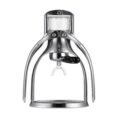


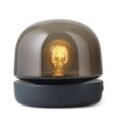
 SOFAS
SOFAS
 SECTIONALS
SECTIONALS
 ARMCHAIRS
ARMCHAIRS
 Headboards
Headboards
 Beds
Beds
 Deskes
Deskes
 Accent tables
Accent tables
 Mattresses
Mattresses
 Office chairs
Office chairs
 Outdoor seating
Outdoor seating
 Barstools
Barstools
 Ottomans
Ottomans
 Living room
Living room
 Bedroom
Bedroom
 Bathroom
Bathroom
 Kitching dining
Kitching dining
 Entryway
Entryway
 Home office
Home office
 Baby & kids
Baby & kids
 Outdoors
Outdoors
 Small spaces
Small spaces
 Vacuums & Floor Care
Vacuums & Floor Care
 Kitchen & bath fixtures
Kitchen & bath fixtures
 Food storage
Food storage
 Kitchen organization
Kitchen organization
 Glassware
Glassware
 Mugs & cups
Mugs & cups
 Dinerware
Dinerware
 Flatware
Flatware
 Small appliances
Small appliances
 Ice makers & more
Ice makers & more
 Coffee & tee
Coffee & tee

